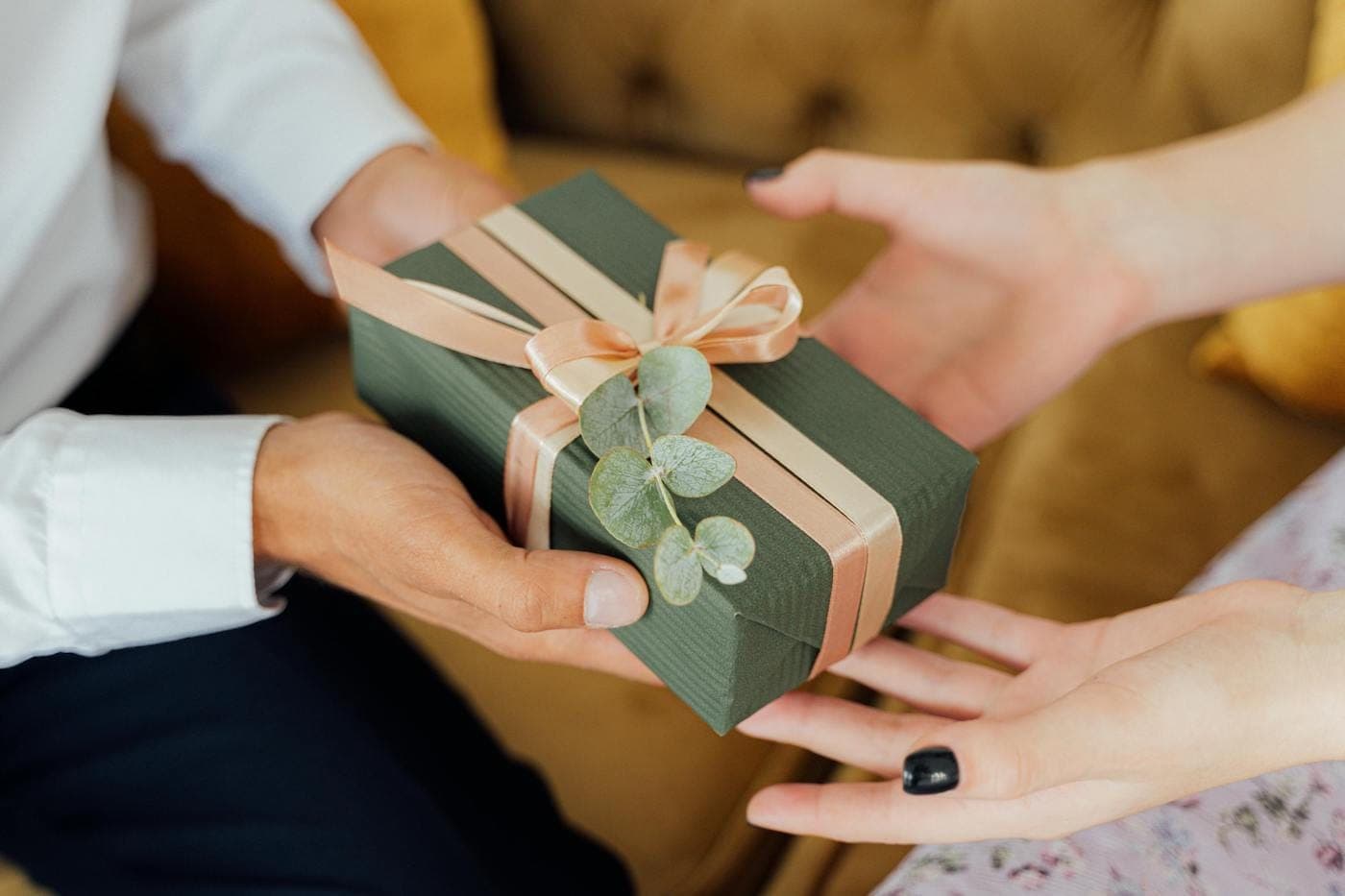
Gifting is a universal way to show appreciation, love, and kindness. But did you know that the tradition of giving gifts dates back thousands of years? Ancient Egyptians exchanged gifts during festivals, while the Romans celebrated Saturnalia with presents. Today, gifting has evolved into a significant part of our culture, with holidays like Christmas and birthdays being prime occasions. Whether it's a small token or a grand gesture, gifts have the power to strengthen relationships and create lasting memories. From the psychology behind why we give to the most unusual gifts ever exchanged, let's dive into 30 fascinating facts about gifting that will surprise and delight you.
The History of Gifting
Gifting has been a part of human culture for centuries. It’s a way to show appreciation, love, and respect. Here are some fascinating facts about the history of gifting.
- Ancient Egyptians gave gifts to their pharaohs as a sign of loyalty and respect.
- The tradition of giving Christmas gifts dates back to the Roman festival of Saturnalia.
- In medieval Europe, knights gave their ladies tokens of affection, often in the form of jewelry or flowers.
- Native American tribes exchanged gifts during potlatch ceremonies to display wealth and social status.
- The concept of birthday gifts originated in ancient Greece, where people believed that presents brought good luck.
Cultural Significance of Gifting
Different cultures have unique traditions and meanings attached to the act of giving gifts. Let’s explore some of these cultural nuances.
- In Japan, it’s customary to give gifts wrapped in beautiful paper, as the presentation is just as important as the gift itself.
- Chinese New Year involves giving red envelopes filled with money, symbolizing good luck and prosperity.
- In India, gifts are often given during festivals like Diwali, with sweets and decorative items being popular choices.
- In the Middle East, it’s common to bring a gift when visiting someone’s home, often in the form of sweets or pastries.
- In Russia, giving an even number of flowers is considered bad luck, so bouquets always have an odd number of blooms.
Psychological Benefits of Gifting
Giving gifts isn’t just about the recipient; it also has positive effects on the giver. Here are some psychological benefits of gifting.
- Giving gifts can increase feelings of happiness and satisfaction.
- It can strengthen relationships by showing appreciation and thoughtfulness.
- The act of giving can reduce stress and improve mental health.
- Gifting can boost self-esteem by making the giver feel generous and kind.
- It can create a sense of connection and community, fostering social bonds.
Modern Trends in Gifting
Gifting has evolved with the times, and modern trends reflect changes in society and technology. Here are some current trends in the world of gifting.
- Personalized gifts, such as custom-made jewelry or photo books, are increasingly popular.
- Experience gifts, like concert tickets or cooking classes, are valued for creating lasting memories.
- Eco-friendly gifts, such as reusable products or items made from sustainable materials, are on the rise.
- Subscription boxes, offering everything from snacks to beauty products, provide a monthly surprise.
- Digital gifts, like e-books or online courses, cater to the tech-savvy and those who prefer minimalism.
Fun Facts About Gifting
Gifting can be fun and quirky, with some interesting tidbits that might surprise you. Here are some fun facts about gifting.
- The most expensive gift ever given was the Taj Mahal, built by Emperor Shah Jahan for his wife.
- In South Korea, it’s common to give practical gifts like socks or toiletries.
- The world’s largest Christmas gift is the Statue of Liberty, given by France to the United States.
- In Finland, people celebrate “Name Day” with gifts, similar to a birthday.
- The tradition of giving wedding rings dates back to ancient Egypt, symbolizing eternal love.
Unusual Gifting Customs
Some cultures have unique and unusual gifting customs that might seem strange to outsiders. Here are a few of these intriguing practices.
- In Italy, it’s bad luck to give a wallet or purse without money inside.
- In Denmark, people throw cinnamon on friends who are still single at 25.
- In Germany, it’s traditional to give a knife as a gift, but the recipient must give a coin in return to avoid “cutting” the friendship.
- In the Philippines, it’s common to give gifts in pairs, symbolizing harmony and balance.
- In Kenya, the Maasai people give cows as gifts, representing wealth and prosperity.
The Heart of Gifting
Gifting isn't just about the item itself. It's a way to show love, appreciation, and thoughtfulness. Whether it's a handmade card, a book, or a gadget, the best gifts come from the heart. Remember, it's the thought that counts. Personalizing a gift can make it even more special. Knowing the recipient's likes and interests can guide you to the perfect choice. Sometimes, the simplest gifts, like a heartfelt letter or a shared experience, can mean the most. Don't stress too much about finding the "perfect" gift. Focus on the sentiment behind it. Gifting is a beautiful tradition that brings people closer, creating memories that last a lifetime. So next time you're picking out a gift, think about what will make the recipient smile and feel cherished. Happy gifting!
Was this page helpful?
Our commitment to delivering trustworthy and engaging content is at the heart of what we do. Each fact on our site is contributed by real users like you, bringing a wealth of diverse insights and information. To ensure the highest standards of accuracy and reliability, our dedicated editors meticulously review each submission. This process guarantees that the facts we share are not only fascinating but also credible. Trust in our commitment to quality and authenticity as you explore and learn with us.
